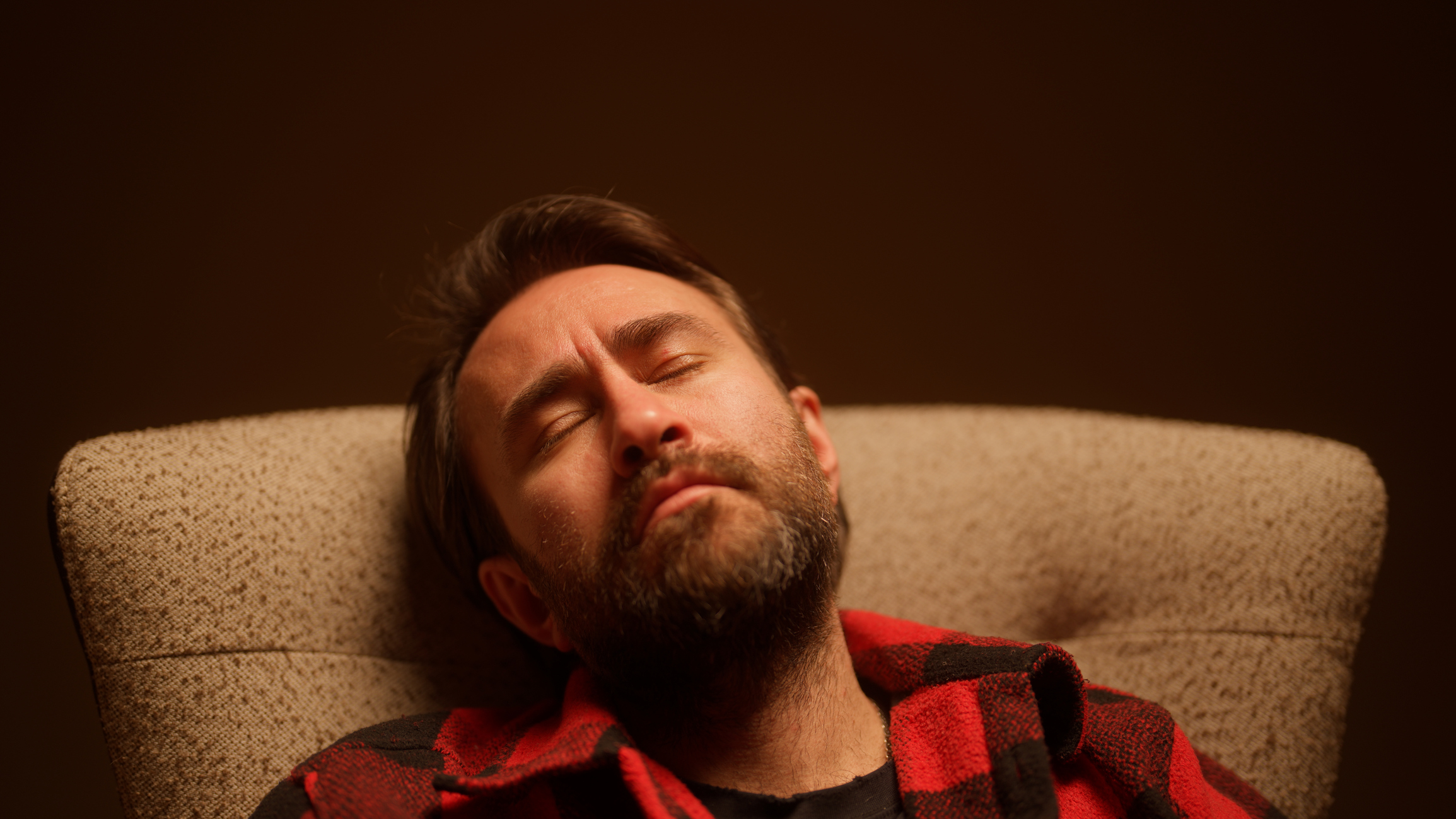How Sleep Works

Most adults need between seven to nine hours of sleep per day, ideally at night, to feel optimally alert and perform at their best, according to Daniel Cohen, MD, MMSc, formerly of Harvard.
~ 2 min read
Daniel Cohen, MD, MMSc, formerly of Harvard, explains how we can recharge our internal battery to avoid sleep debt. He also explains how scientists measure sleep needs
~ 2 min read

Most adults need between seven to nine hours of sleep per day, ideally at night, to feel optimally alert and perform at their best, according to Daniel Cohen, MD, MMSc, formerly of Harvard.
~ 3 min read

People who get less sleep than they need build up a sleep debt. An eight-hour sleeper who sleeps only six hours is two hours in debt.
~ 3 min read
People who frequently short-change themselves on sleep forget how great it feels to be well-rested. They get used to feeling tired all the time and try to convince themselves that they can manage just fine. They often cling to sleep myths.
~ 3 min read
If you work an on-call, unpredictable schedule, you frequently go to bed and get up at different times. Even if you work a fixed schedule, you may be on the job in non-daylight hours. Your work schedule may be out of sync with the daily activities of family and friends.
~ 2 min read
People who frequently short-change themselves on sleep forget how great it feels to be well-rested. They get used to feeling tired all the time and try to convince themselves that they can manage just fine. They often cling to sleep myths.
~ 4 min read
Robert Stickgold, PhD, of Harvard, tells how sleep helps you learn facts and remember them.
~ 2 min read
 Railroaders' Guide to Healthy Sleep
Railroaders' Guide to Healthy Sleep